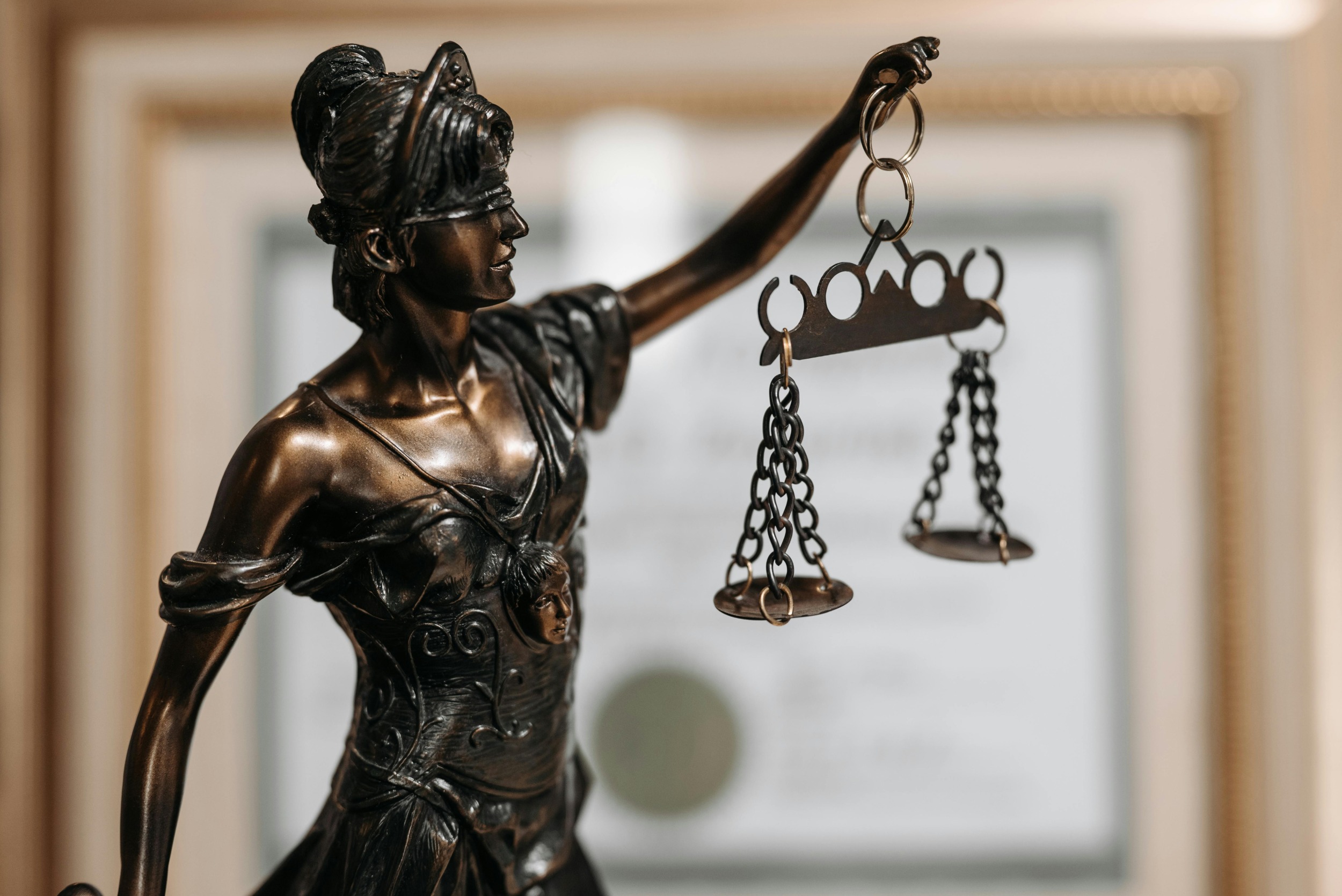Bankruptcy allows individuals, couples, and businesses that cannot meet their financial obligations to be excused from repaying some or all of their debt. In a liquidation bankruptcy, debtors must surrender their property, which is sold, and the proceeds distributed to creditors.
Filing for bankruptcy involves submitting a petition and fee to the bankruptcy court.
These are liquidation bankruptcies in which the debtors must turn over all "non-exempt" property to a supervising officer known as the bankruptcy trustee.
The money will be paid to the debtor's creditors.
The fact that a liquidation bankruptcy wipes out debt completely is obviously attractive to anyone who cannot afford to pay their bills.
Filing for bankruptcy involves submitting a petition and fee to the bankruptcy court
Bankruptcy is not available to everyone.
To find and orderly way to close Thorough Court will realease the debtors to be persecuted the rest of its life.
An error at any step of the process can result in the court refusing to discharge the debtor's liabilities. When the bankruptcy process ends this way, the consequences are disastrous. With so much at stake, hiring a licensed bankruptcy attorney at the outset is wise investment.


